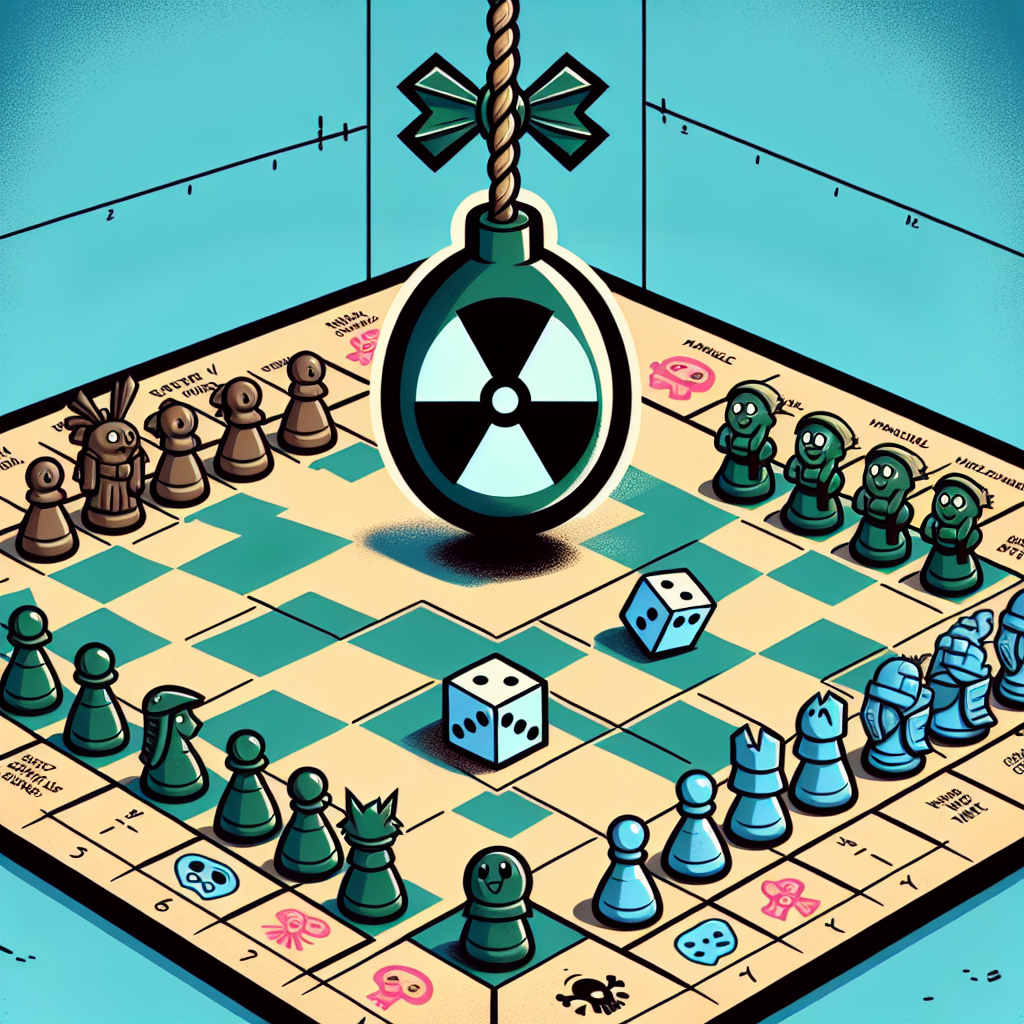Leaders Unite on Human Oversight in Nuclear Tech: A Groundbreaking Agreement
Presidents Biden and Xi agreed on the necessity of human control in nuclear weapon decisions, underscoring the importance of responsible AI development in military contexts. This new alignment reflects a cautious first step in dialogue between the U.S. and China on nuclear arms and AI technology. Despite progress, formal negotiations remain elusive.

In a landmark agreement, U.S. President Joe Biden and Chinese President Xi Jinping have concurred that decisions regarding the use of nuclear weapons should be made by humans, rather than artificial intelligence. The statement, issued by the White House, emphasized the leaders' commitment to retaining human control over these critical decisions.
This unprecedented accord marks a significant step in U.S.-China relations, concerning both nuclear arms control and the development of military AI technology. An official summary from the Chinese government mirrored these sentiments, though it remains unclear whether this agreement will prompt further discussions or actions.
While formal nuclear arms control negotiations are not anticipated soon, both nations have resumed semi-official exchanges. The U.S. has expressed ongoing concerns regarding China's rapid expansion of its nuclear arsenal, with estimates projecting a substantial increase in Beijing's operational warheads by 2030. Concurrently, China maintains its stance on a policy of no first use and insists on a minimal nuclear deterrent.
(With inputs from agencies.)
ALSO READ
Xi Jinping Congratulates Trump's Remarkable Comeback: A New Era for US-China Relations
Diplomatic Dynamics: Navigating US-China Relations Under Trump
India Stands Alone in UN Vote Against Conventional Arms Control Resolution
Russia Signals Stalemate: Arms Control Talks with U.S. on Hold
Biden and Xi's Strategic Dialogue: Navigating the Future of US-China Relations










